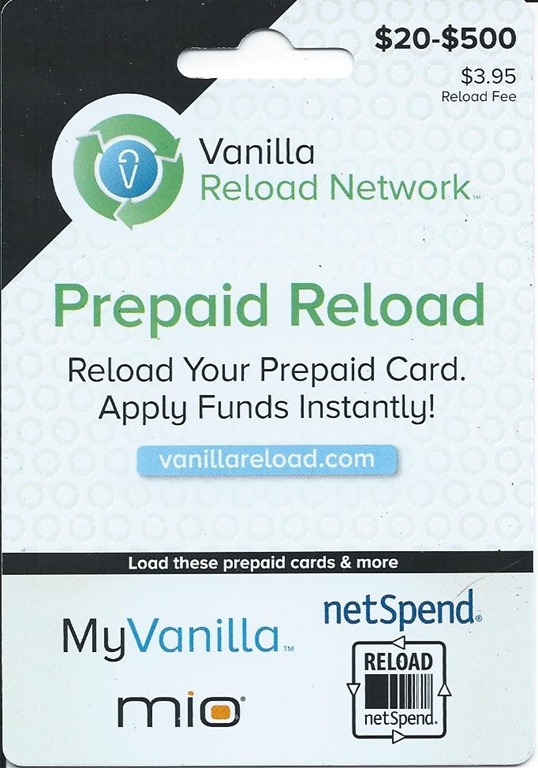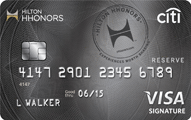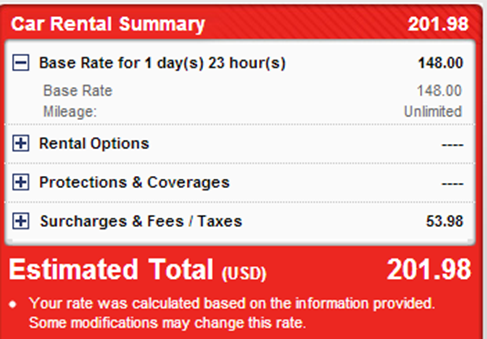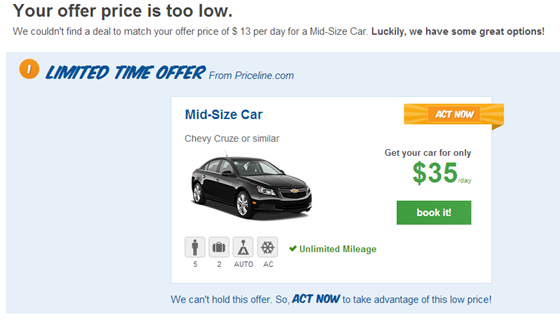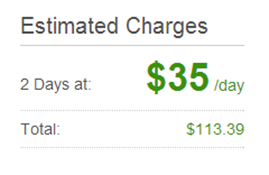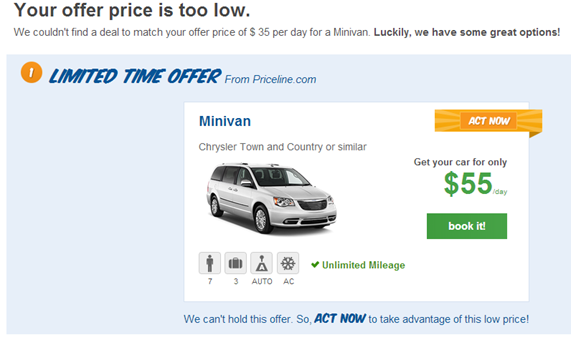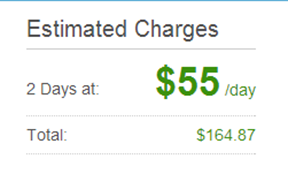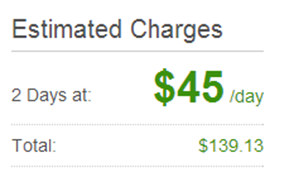Grand Potentate
Supporter of Possible Sexual Deviants
- Messages
- 39,210
This is a subject that I've taken a lot of interest in lately, so I'm going to discuss some of the ways to do things and repost some of the tips and tricks I pick up around the web.

